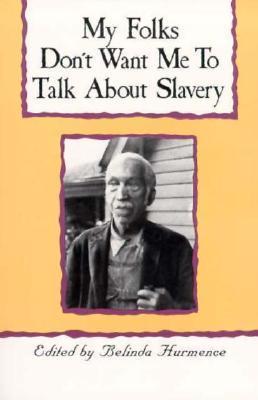What do you think?
Rate this book


103 pages, Paperback
First published August 1, 1984
You are going around to get a story of slavery conditions and the persecutions of Negroes before the Civil War and the economic conditions concerning them since that war. You should have known before this late date all about that. Are you going to help us? No! You are only helping yourself. You say that my story may be put into a book, that you are from the Federal Writers' Project. Well, the Negro will not get anything out of it, no matter where you are from. Harriet Beecher Stowe wrote Uncle Tom's Cabin. I didn't like her book, and I hate her. No matter where you are from, I don't want you to write my story, because the white folks have been and are now and always will be against the Negro. (53-54)
“Man is a creature that can get accustomed to anything, and I think that is the best definition of him.”
― Fyodor Dostoevsky, The House of the Dead